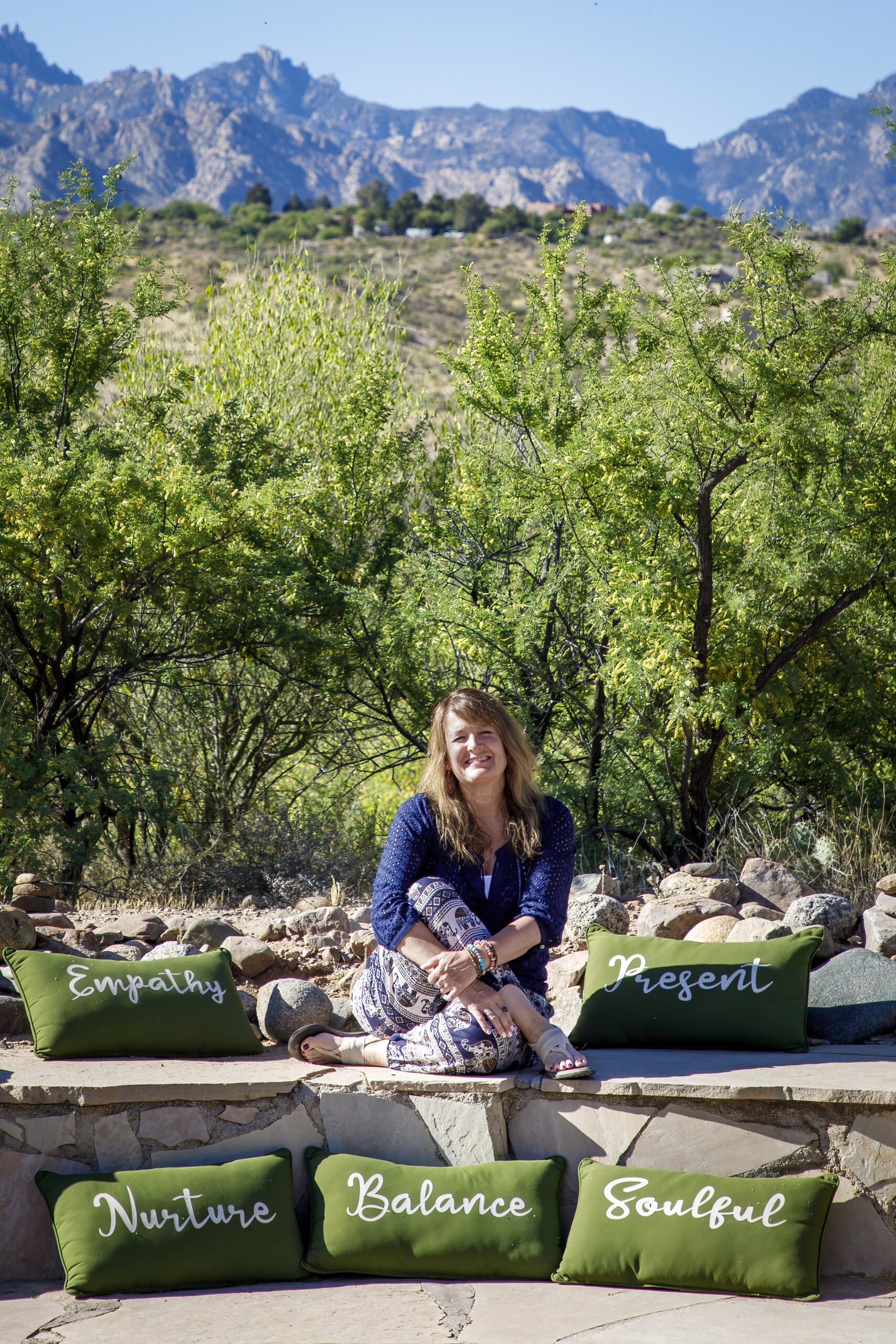 By Susan Smedley
By Susan Smedley
Susan Smedley is a 25-year lung cancer survivor and former social worker who worked in the national lung cancer community for 15 years, most recently at GO2 for Lung Cancer.
As a yoga instructor trained in oncology and trauma-informed yoga, she retired from nonprofit work to open Resilient Soul Yoga in Loveland, CO. She also founded Resilient Souls, an online resource for women who have experienced a cancer diagnosis.
Hearing the words “You have cancer” is traumatic.
Often that fact is ignored or euphemized as being part of a “cancer journey” when, in fact, it feels more like a carjacking!
For many of us, time stops. Fear grips our brain and hijacks our nervous system into fight, flight, or freeze.
Our thinking becomes fuzzy; we may “zone out,” begin to hyperventilate, or sweat. In severe cases, we can develop physical shock.
That happened in my case: I was 32 years old with my 11-month-old daughter in the other room when I heard the words, “You have lung cancer.” It made no sense, and all I could think of was that my daughter would grow up without me. I went into physical shock and couldn’t think or sit still. I literally had to be sedated.
 It is particularly difficult because following a diagnosis, there’s such a rush of activity and critical decisions to make—both functions of the brain that may not be operating clearly due to stress hormones.
It is particularly difficult because following a diagnosis, there’s such a rush of activity and critical decisions to make—both functions of the brain that may not be operating clearly due to stress hormones.
More often than not, the trauma of the diagnosis (and the following treatment) doesn’t get processed and can remain held or “stuck” in the body for years.
This unprocessed trauma can impact our sense of safety in the world. We become raw and afraid of everything, or feel nothing and far removed from our life, further complicating an already challenging time.
For many of us, me included, a cancer diagnosis comes following a time of high stress and other trauma: a job loss, relationship stress, physical or sexual abuse, a death, etc.
Over time, these unexpressed emotions come to live in our bodies and rush back when triggered by a smell, location, or upcoming appointment. Our sleep suffers, we have nightmares, and it is as if we are back at the day of diagnosis or treatment.
So, how do we work with that now?
We can’t talk our way around or out of it. We need to engage the body again to allow for a complete release of the energy.
The next time you experience overwhelming feelings:
- Acknowledge it. Tell yourself “I am feeling anxious/afraid.” Try not to judge or minimize what you’re feeling.
- Identify where in the body you feel it. If you aren’t sure, draw your attention to common stress locations (such as tension in your jaw, shoulders, or upper back, pressure in your chest, or a pit in your stomach) and breathe slowly through the nose for eight breaths.
- Repeat to yourself on every inhale, “I am” and on exhale, “safe.”
- Try somatic movement. Shake out your hands, stomp your feet, tap lightly on your body (see EFT below), or use cold water on your hands.
- Get grounded. Name 3 things you see, smell, or hear.
- Additional avenues to explore:
- Somatic practices that engage the body such as yoga, TRE (Trauma Release Exercises), and EFT (Emotional Freedom Technique Exercises)
- Acupuncture and tai chi
- Somatic based therapies such as EMDR (Eye Movement Desensitization and Reprocessing) and Somatic Experiencing
Following a cancer diagnosis, acknowledging and healing the trauma and its aftermath can be an effective way of regaining a positive connection with our bodies and improving our quality of life.

[…] post Processing Trauma After a Lung Cancer Diagnosis appeared first on GO2 for Lung […]
Love life is real for me too. I am stage 4th lung cancer survivor since 2019 until now. Praise the Lord for the mercy love on my life!